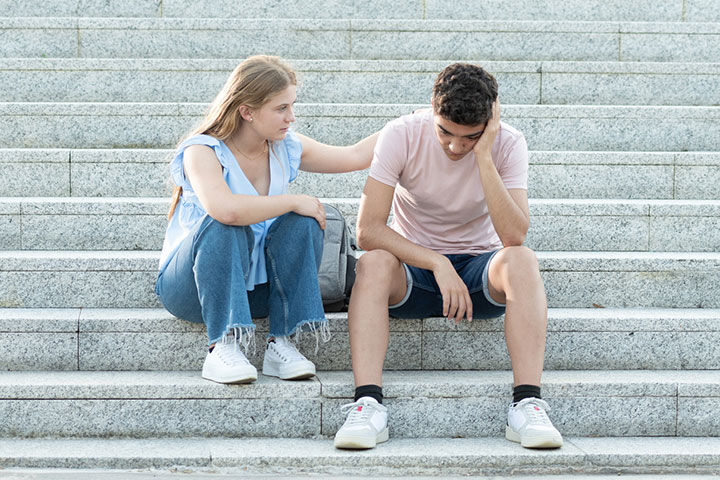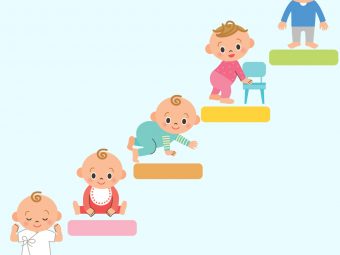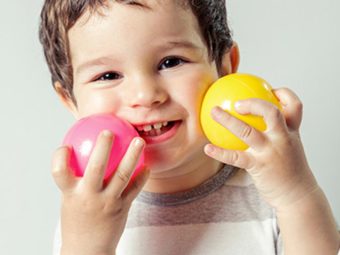
Being a teenager is a rollercoaster of emotions and challenges. As a parent, offering your teenagers valuable tips and positive reinforcement could help them develop into responsible and strong individuals.
If you continue to handle their problems the way you did during childhood, they may not learn to overcome challenging situations. Alternatively, some may not want your help even though they need it. Situations like these require building trust mutually. Hence, it can be helpful to teach them specific skills, such as focusing and understanding the problem and developing the patience to listen to critical advice.
If your teen learns to be calm and focus on a practical solution, they can easily handle difficult situations. So teach your child to be intelligent and brave when dealing with adverse situations. Read on to learn some constructive advice and tips to help your teenager solve their problems.
Steps To Solving Teenage Problems And Solutions
The following steps will help your child to solve most of the problems with ease.
1. Identify the problem
Image: IStock
The first step is to teach your child to identify the problem. Ask him about the current situation and how he wants it to turn out. Also, encourage him to approach the problem with a positive attitude.
2. Focus
Tell him to focus on the issue, not the person or the emotion. It will help him face the problem bravely rather than suffer from anxiety and frustration.
 Quick tip
Quick tip3. Listen
Image: IStock
Listening is very critical to develop problem-solving skills. Tell your child to listen without arguing or debating. Encourage him to use statements like ‘I need, I want, I feel’.
4. Generate a solution
Sit down with your teenager and encourage him to think about all the possible ways to solve the problem at hand. Ask your child to reflect on his experience during an earlier crisis. Your child may come up with a variety of solutions. Some of them will also be unrealistic. Let him explore his creative abilities. Do not discourage him.
5. Evaluate the solution
Image: IStock
Teach your child to evaluate the pros and cons of each of the possible solutions. Have them imagine what would happen when they try the solution. Help him omit the options in which the negatives outweigh the positives. It will help your child sort out the most promising solution.
 Point to consider
Point to consider6. Put the idea into practice
Now tell your child to implement the idea that can resolve the crisis. Encourage him to give his best and see how it works. Your goal should be to allow your child to solve the problems independently, without much intervention.
7. Evaluate the outcome
Lastly, evaluate the outcome of the solution. The solution may take time to work. Also, at times you cannot solve problems in one attempt. So tell him to try all the possible solutions and prepare backup plans. It will also teach your child to not give up easily in life. Then ask your child the following questions:
- What has or hasn’t worked well?
- What can be done differently to make the solution work more smoothly?
 Do remember
Do rememberBenefits
- Problem-solving skills will teach the teens to find constructive solutions to problems. It will strengthen your child’s empathy skills. These abilities are valuable in both social and work situations.
Image: IStock
- It will help your child learn about the positive implications of another person’s intentions.
- Problem-solving and conflict-resolution skills will teach your child to listen and think calmly and respect other people’s opinions.
Image: Shutterstock
- Kids do not have the skills to solve their problems by birth. We have to help them to develop these skills. When teens inculcate the skills to resolve conflicts by themselves, they will feel more independent, mature and responsible. It will help them face the bigger challenges that life throws at them confidently.
Frequently Asked Questions
1. How can teenagers cope with the pressure of social media and bullying?
Teenagers can cope with social media and bullying pressure by setting boundaries, seeking help and support from trusted friends or adults, and practicing self-care. In addition, education and awareness are necessary while using social media.
2. How can teenagers manage their emotions effectively?
Teenagers can manage their emotions effectively by first identifying and acknowledging their emotions. Engaging in activities, such as exercising, meditating, or practicing deep breathing, can help regulate their emotions. It is also helpful when they communicate their feelings with trusted friends or family and seek counseling if needed.
3. How can teenagers deal with feelings of loneliness and isolation?
Teenagers can deal with loneliness and isolation by actively seeking social connections and community resources. They can try joining clubs, support groups, or organizations that align with their interests, volunteering, or participating in group activities. They can also connect with peers online through social media or online forums.
4. What are some effective communication skills for teenagers to resolve conflicts?
Effective communication skills for teenagers to resolve conflicts include active listening, expressing oneself clearly and respectfully, using “I” statements instead of blaming others, seeking to understand the other person’s perspective, and finding common ground for compromise.
5. How can teenagers learn to prioritize their mental and physical health?
Teenagers can learn to prioritize their mental and physical health by setting goals and following healthy lifestyle habits by creating daily routines that include exercise, healthy eating, and stress-reducing activities. They can also ensure enough sleep and limit their use of electronic devices, as these can negatively affect mental and physical health.
There are various issues that your teenager may face during their adolescent years, including distinct physical and hormonal changes in their bodies, mental condition, and a desire for independence, among others. As parents, you may share some handy tips to solve teenage problems and solutions. But first, allow your teen to try to solve their problem on their own since it will help them build problem-solving skills. You may educate your teen to recognize issues, concentrate and comprehend, look for solutions, and acquire the patience to listen to helpful advice.
Infographic: Steps To Solve Teenage Problems
To effectively solve problems, teenagers need to understand the root cause, develop a plan, and seek support and guidance as needed. This infographic provides a brief overview of strategies to help teens tackle problems independently. Save and share it with your teenager as they learn to navigate challenges and find sensible solutions.
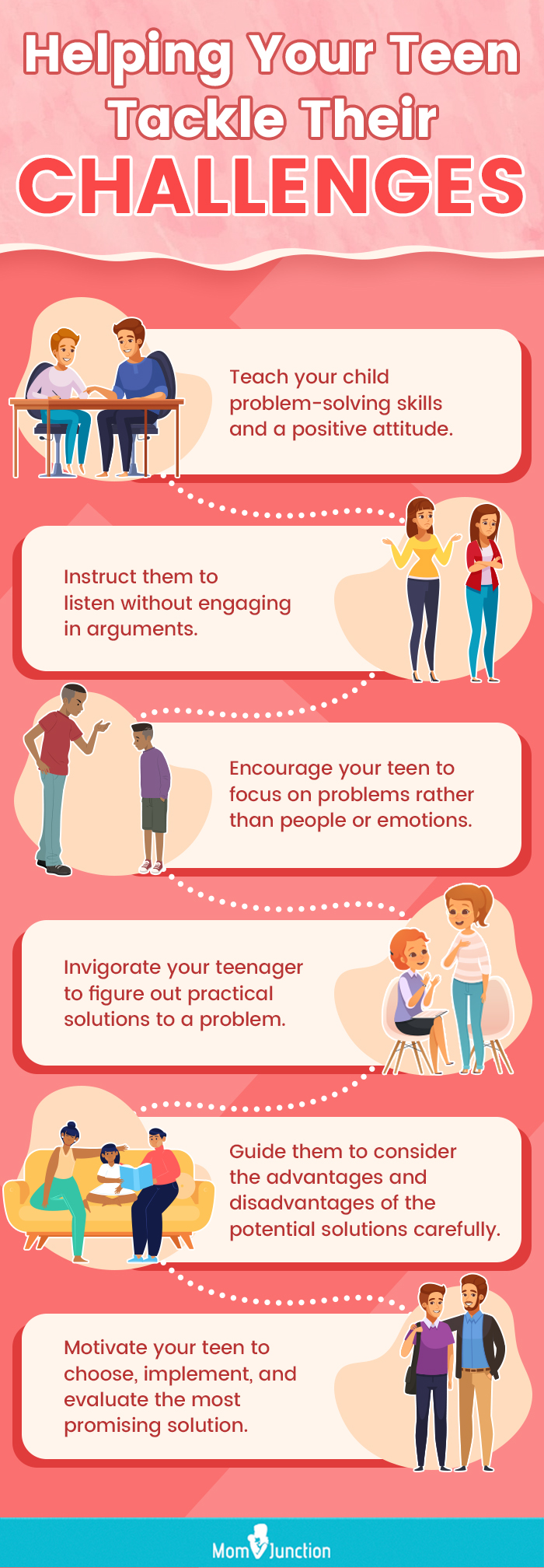
Illustration: Momjunction Design Team
Key Pointers
- Teens can handle difficult situations better by staying calm and focused on practical solutions.
- Help your teen concentrate on the problem rather than the person or emotion.
- Actively listen to your teen’s problems and assist them in generating and evaluating potential solutions.
- Developing problem-solving skills in childhood helps teenagers become independent, mature, and responsible adults.
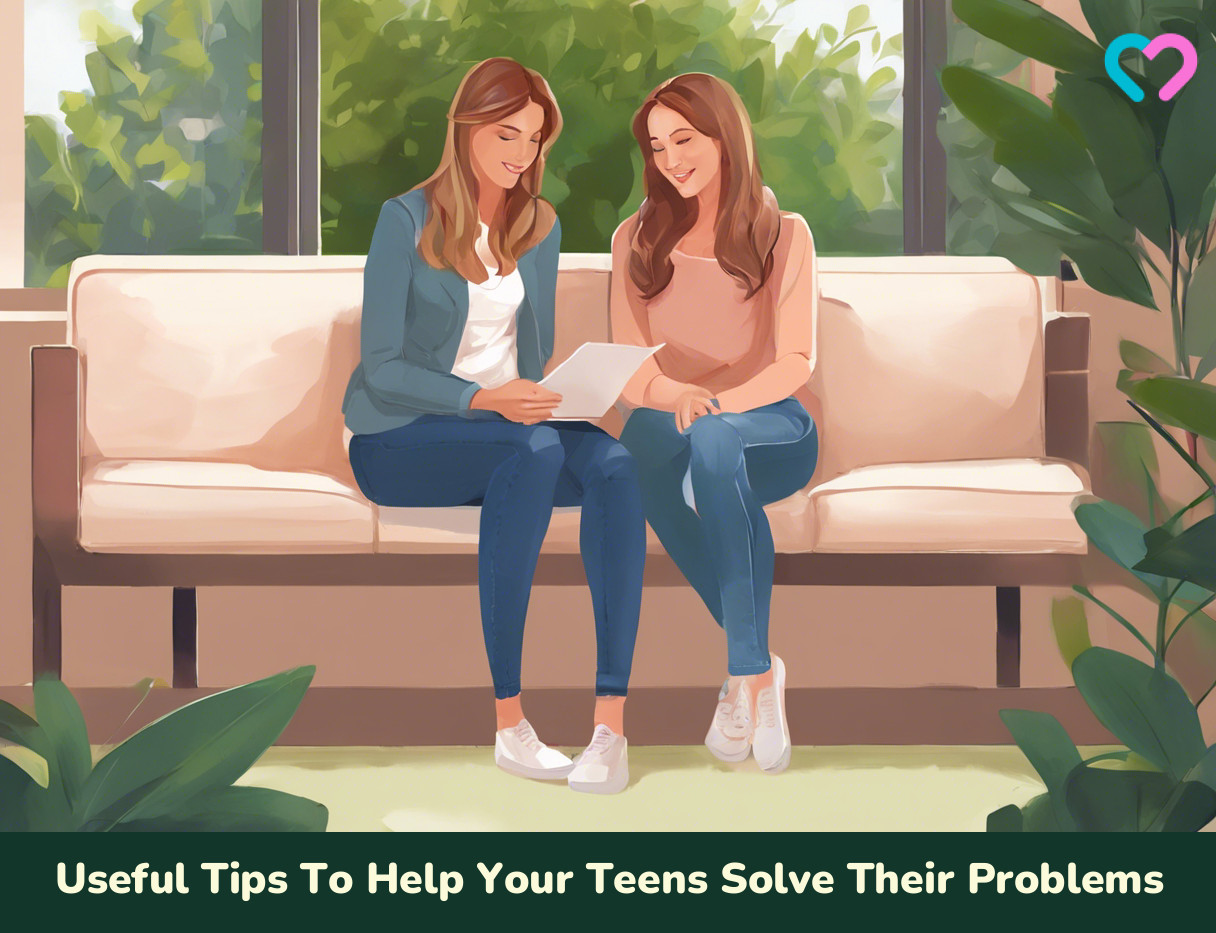
Image: Stable Diffusion/MomJunction Design Team
Discover an eye-opening video delving into the top 10 challenges faced by teenagers in modern times. Gain insights into these issues, raising awareness about their significance in the modern world.








